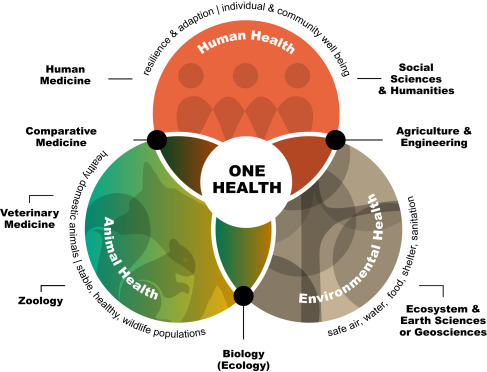The fallout of Target's response to backlash for its 2023 Pride Month merchandise has inspired a greater conversation about employer social justice efforts. This article provides five ways employers can respond to avoid a similar outcome, and in so doing promote SDGs 8 and 10.
This Viewpoint supports SDGs 3 and 10 by examining, in view of the potential termination of the Deferred Action for Childhood Arrivals programme in the USA, the implications for government funding of health care for immigrant populations such as undocumented migrants, and the importance of ensuring equitable access to health care for all population groups.
With AI-driven labor market transformations being affected by economic troubles and other factors, this article explores the strategies leaders are using to help workers navigate these changes. Specifically, leaders are stepping up investing in at least four strategies to prepare workers for the prevailing disruption and empower them to successfully navigate the change while ensuring healthy work cultures and compelling work opportunities for all.
This study provides a better understanding of the burrowing behaviour of the sub-legal size clams discarded on the sediment after being disturbed and contributes important data to improve practices for minimizing mortality of dislodged clams that are discarded on the sediment surface.
This Article supports SDG 3 by analysing follow-up data from over 200 000 people with HIV from 20 cohorts in North America and Europe who had started ART up to 20 years previously, and showing that estimated life expectancy for people with HIV on long-term ART with high CD4 cell counts is only a few years lower than that in the general population, irrespective of when ART was started.
Elsevier,
Principles of Gender-Specific Medicine (Fourth Edition)
Sex and Gender-Specific Biology in the Postgenomic Era
2023, Pages 409-429
This content aligns with Goal 3: Good Health and Wellbeing as well as Goal 10: Reduced Inequalities by emphasizing the importance of gender-specific medicine in pharmaceutical development and global healthcare, aiming to improve health outcomes for all genders. By addressing the challenges faced by the pharmaceutical industry in integrating knowledge on sex-specific biological differences into drug development programs, the chapter advocates for strategies to promote equity in healthcare access and outcomes. Additionally, it recognizes the importance of addressing gender disparities in healthcare and advocating for approaches that ensure equal access to gender-specific pharmaceuticals. Through these efforts, the content supports the goal of reducing inequalities in healthcare access and outcomes, ultimately contributing to the promotion of good health and well-being for all individuals, regardless of gender.
Habitat conversion and resource utilization have been identified in the One Health approach as drivers of poor ecosystem health that can lead to disease spillover events supporting SDG3.
One Health and the Exposome embrace a broad view of human health and its environmental drivers as well as provide various tools and modes of operation to systematically uncover pathways linking poor health outcomes with their root causes to inform interventions supporting the WHO SDG3.
This study sheds further light on the human population history of the northern Pacific Northwest Coast
The current review seeks to provide a concise overview of the neuropathology and genetics underlying Alzheimer’s disease, and then summarize the most promising clinically available and experimental biomarkers of AD.




